Client
The Client is a major national membership retailer.
Challenge
The organization did not have a formal leadership development structure, so they lacked a consistent approach to address the complex environments they were faced with daily. Many of the General Managers had been with the organization since the beginning of their career and had never had any formal management or leadership skills training. They were now being promoted to Regional Directors, and their span of control was greatly increased from 1 club to between 10-15 clubs within a region. They needed to let go of the tactical demands inherent in their role as General Managers and adopt a much more strategic management discipline in order to be successful. There was also a somewhat siloed culture between the leadership in various regions thus a need to break down barriers and have productive discussions that would allow them to capture best practices and address common challenges.
Solution
AMS senior consultants collaborated with the organization’s HR Talent Management team and Senior Leaders to conduct a formal evaluation (gap analysis) of current leadership practices within the targeted group. Skills were evaluated against a robust set of best-in-class competencies and behavioral characteristics linked to demonstrated results for managerial and leadership successes in the same and similar environments.
A three-day Regional Director Bootcamp was developed which focused on developing a standard set of effective leadership capabilities that would enable them to be successful in their new roles and in alignment with the Organization’s newly created Leadership Model. Topics included strategic thinking, critical analysis and problem solving, creating alignment, operating strategically, leading leaders, and communicating and presenting effectively. In addition to the 8 Regional Directors, the programs were also attended by 3 Senior Vice Presidents acting as Ambassadors who periodically consulted with the Regional Directors on their individual assignments and provided the group with insights into the realities and challenges of the position.
Critical steps to the solution implementation included:
1. Interviews with General Managers, Regional Directors, and Senior leadership (Ambassadors) to elicit their thoughts on managerial and leadership requirements and challenges.
2. Assemble the assessment model based on interview results and senior consultant industry experience.
3. Client stakeholder review and validation of the assessment model for relevance in the subject environment and alignment with current organizational role delineations, functional practices and leadership challenges.
4. Development of a detailed recommendation in the form of a comprehensive Leadership Excellence Model and Program RoadMap which included Course Objectives and Design, Pre-Work Assignments, Application Exercises, Participant Toolboxes, Action Plans and Ambassador guidelines.
Benefits
Post Course surveys indicated that each of the participants had significantly increased their leadership skills and had clear actions to put into practice to help them leverage and further develop their skills. Actions included:
• Using the STOP model to be less reactive and more proactive
• Stepping back to see the Big Picture
• Thinking more strategically and using the Strategic Thinking process presented to ensure they were adopting a more comprehensive and effective process
• Asking reflective and focused questions to deepen their understanding of others
• Asking more questions to fully understand a situation and test their assumptions
• Use critical thinking tools to dig deep into root causes
• Adapt communication styles based on who they are communicating with
• Taking what they have learned back to their teams
• Using Whole Brain Thinking to adapt their thinking style
• Taking time to get to know the team as individuals and understand what motivates them
• Continue supporting one another as a Leadership Team
Client-Centric Engagement Models
By leveraging our collaborative engagement models, we partner with our clients to understand their unique needs through formal data collection, rigorous gap analysis, and solution customization. This methodical approach leads to high-impact solutions, rendering “leave behind” value that our clients measure in sustainable performance improvement.
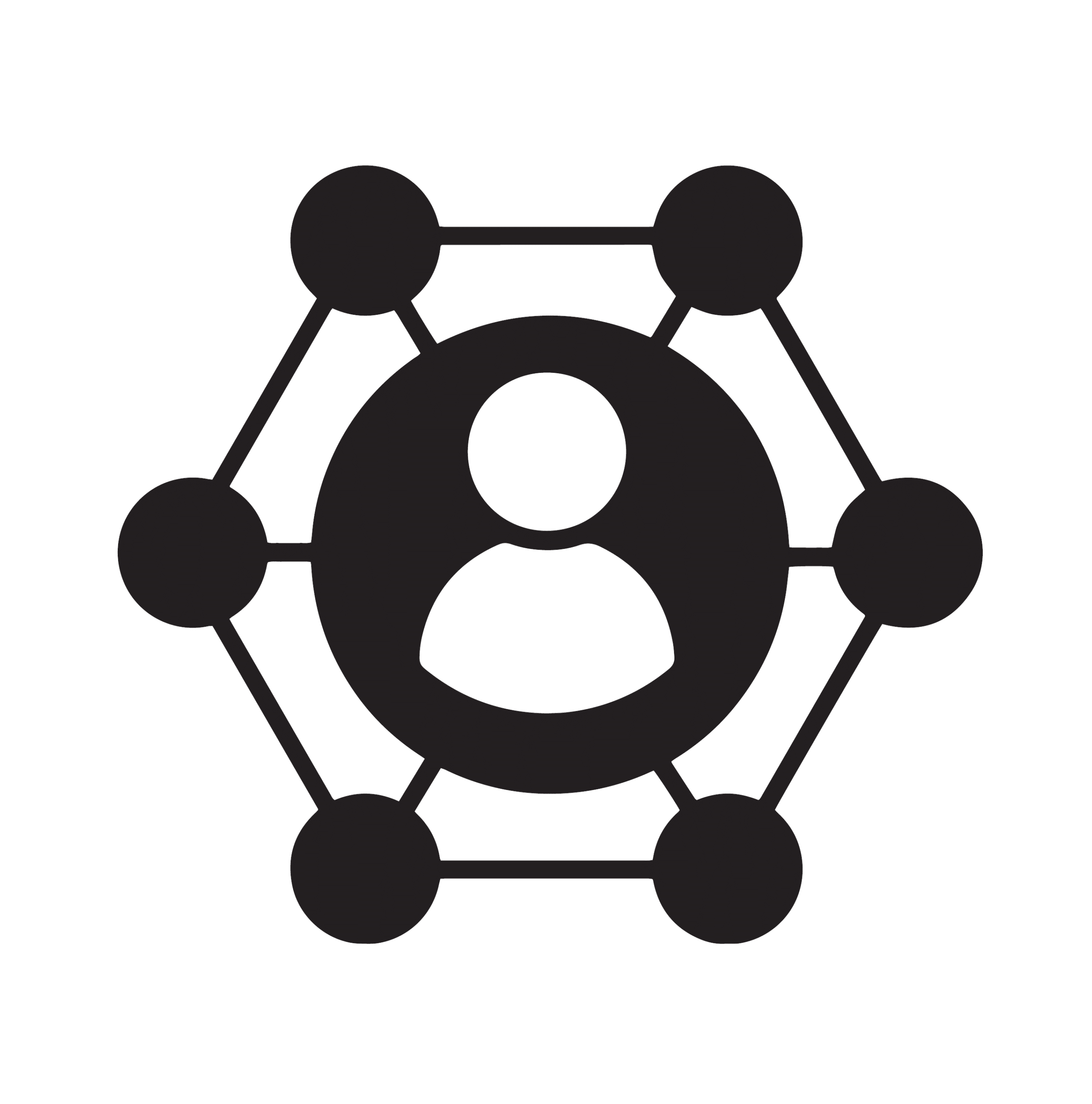
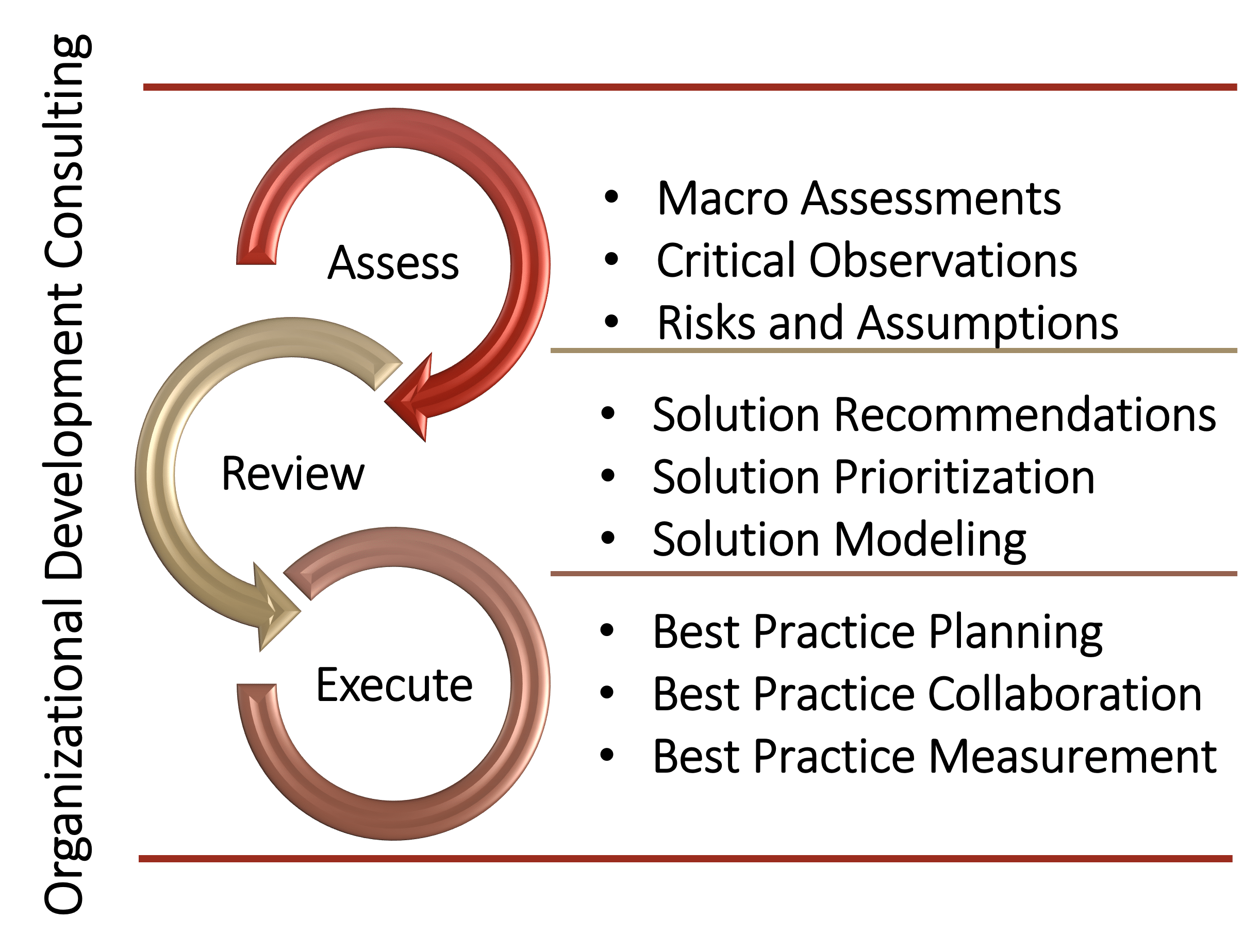
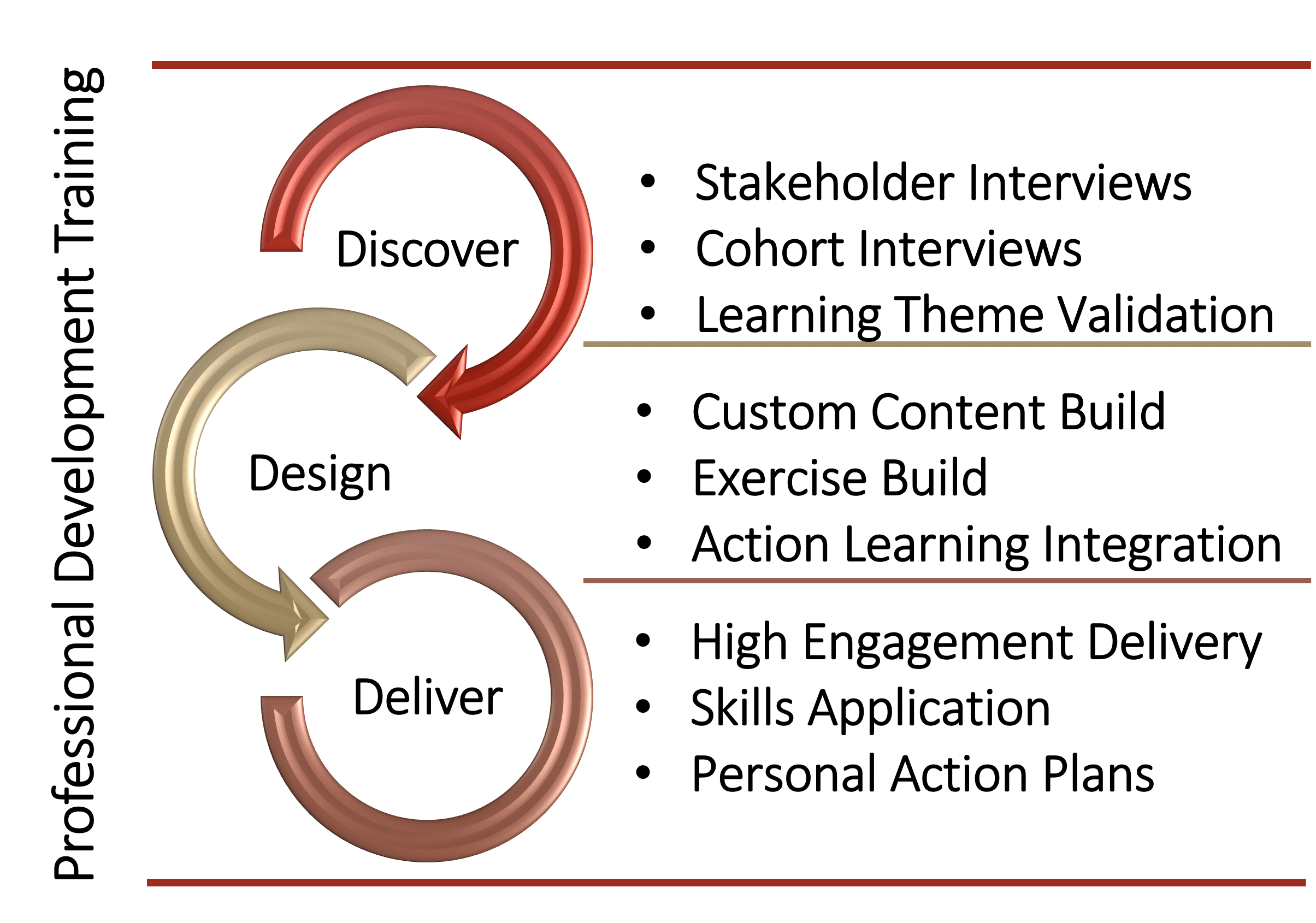
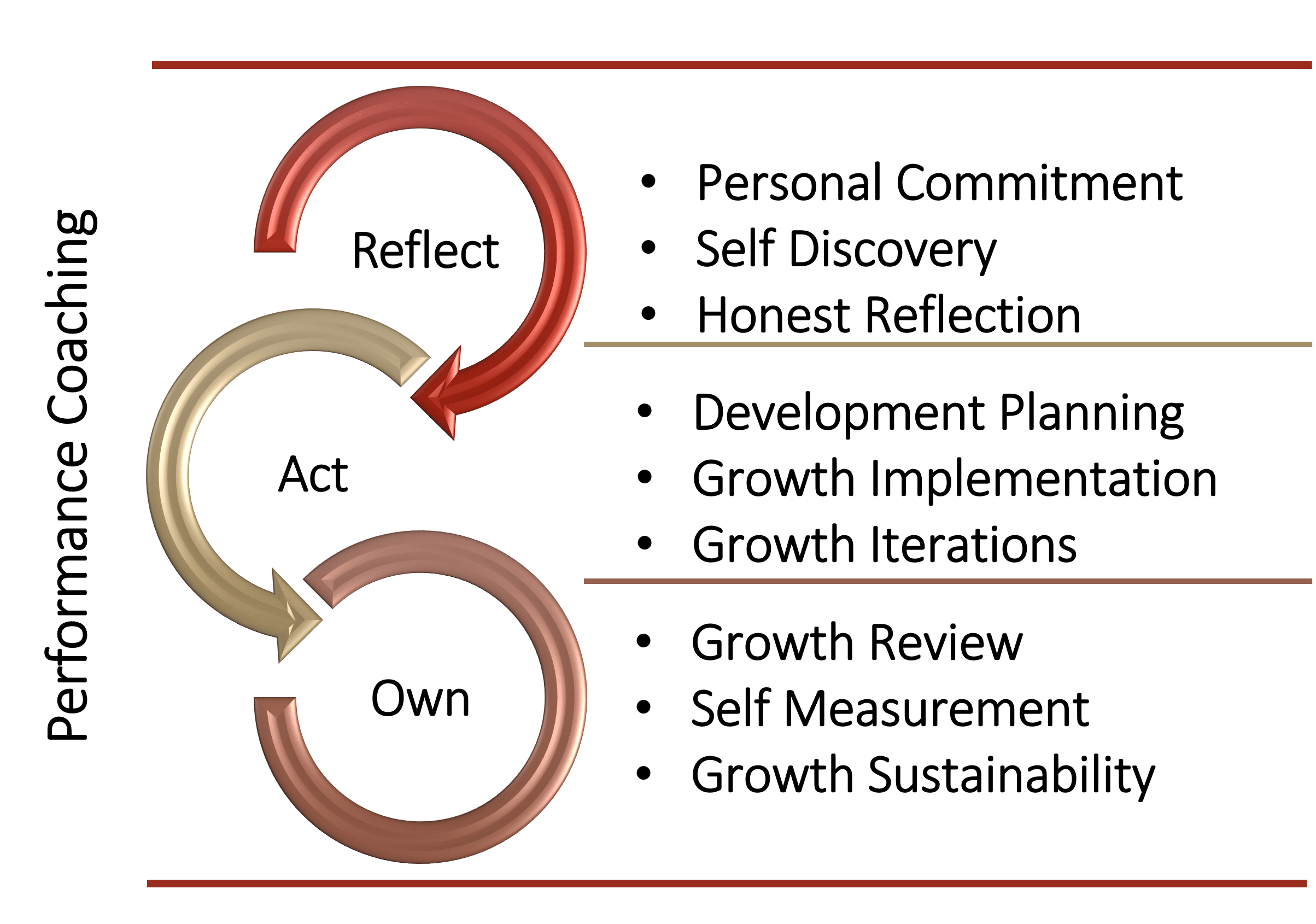
Our Commitment to Excellence
Advanced Management Services, Inc. (AMS) is a premier Organizational Development consulting firm. Since 1994, AMS has been serving cross-industry Fortune 500 companies, mid-market businesses, high-growth firms, and government entities with innovative business solutions.
Aeronautics - Banking & Finance - Construction & Engineering - Higher Education - Government & Municipal Agencies
Hospitality - Manufacturing - Pharmeceutical - Research & Development - Scientific
Transportation - Automotive - Biotech - Professional Services - Energy/Utility/Gas/Oil/Nuclear
Food Processing - Food Service - Healthcare - Information Technology & Artificial Intelligence (AI)
Software Development - Non Proffit & Association Management - Publishing - Retail - Sales & Marketing - Telecommunications
What Our Clients Say
At AMS, our clients’ testimonials speak volumes about our commitment to excellence. Our tailored solutions have consistently driven sustainable growth and outstanding results for our clients, you can learn more about the details of how we helped them exceed their objectives in our Solution Briefings or Contact Us to discuss your unique needs.
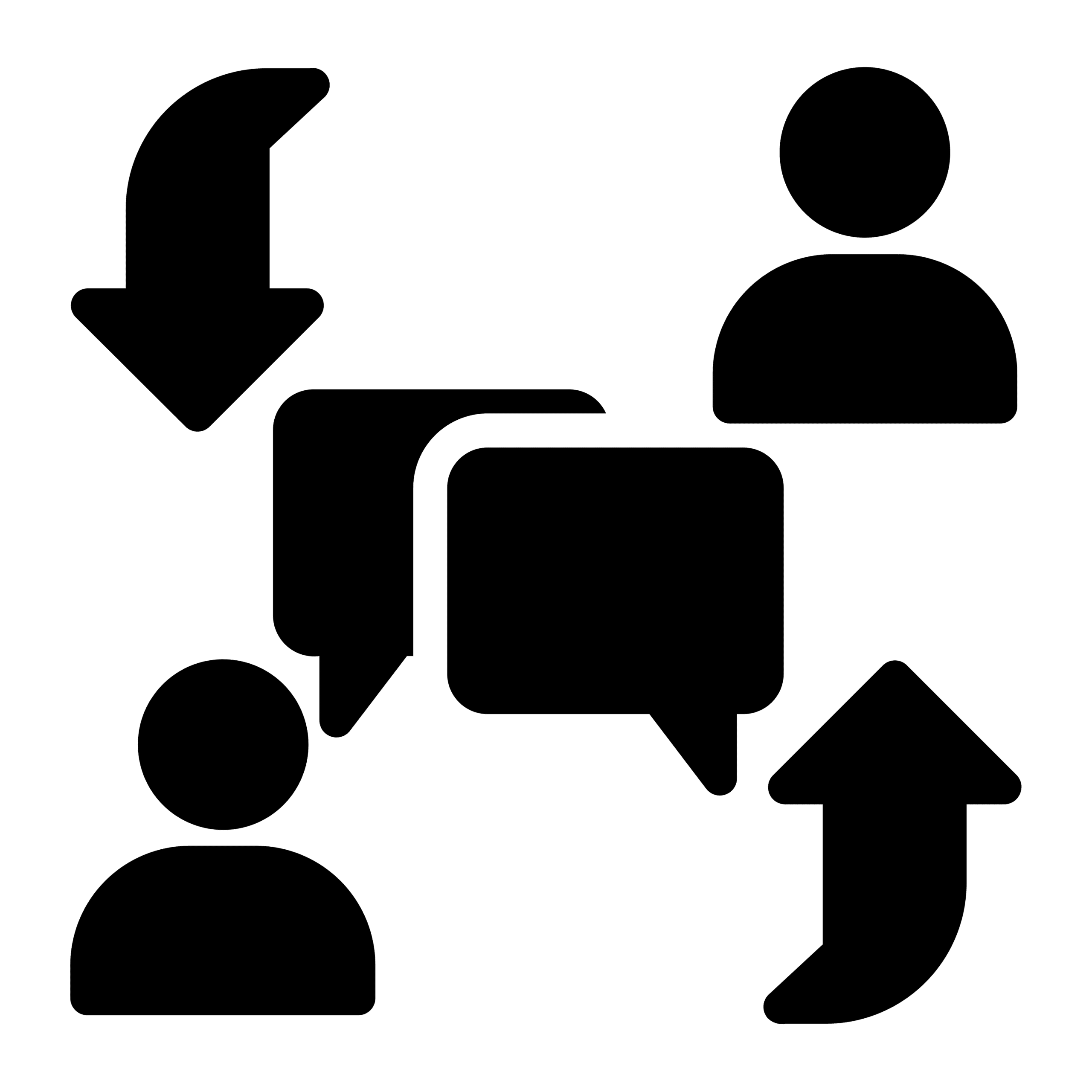
"The team at AMS provided some of the best corporate training we ever received. The consultant's ability to fully understand our industry and how the PM space was impacted and complimented by the Business Analyst function was outstanding. I would recommend the AMS team to anyone seeking a knowledgeable and insightful relationship with a consulting firm."
- Manager of Training at a Leading National Insurance Company
"AMS coaches are top shelf and bring a depth of experience seldomly found at other coaching firms. The executive level of the team and how they collaborate along the journey is an extraordinary wealth of knowledge."
-COO at a Global Manufacturer of Industrial Components
“The team at AMS was impressive from the first time we met them. I have personally interviewed many large training companies, but the folks at AMS were heads and tails above the rest because of their flexibility, desire to be true partners and level of subject matter expertise. I would recommend AMS to any organization seeking a results driven team of professionals.”
- V.P. Training and Development at an International Retail Chain
"The training we received from the AMS team was insightful, current and tailored to our environment/industry. Because of the training we have been able to improve and sustain performance within the IT PM department."
- Director of Training at a Globally Diversified Healthcare Company
"The experience with my coach from AMS was a critical factor in establishing goals for my team and then being able to lead them through transformation. The results from my efforts were much more impactful because of the direction they provided."
-Director of Engineering at a Global Manufacturer of Industrial Components
"My experience with my AMS coach was extraordinary and far exceeded my expectations in terms of how quickly I was able to apply new ideas and solutions to challenges I was facing. Additionally, I was able to pass along some of the new knowledge and help my team as well. Very happy to have participated in such a solid program."
- COO at a Global Staffing and Talent Agency
"My coach at AMS helped me to clarify and then navigate my career objectives. The sessions led to my gaining more confidence and ultimately my dream job."
-Technology Manager at a Global Digital Retailer
Join the ranks of leading organizations that have partnered with AMS to drive innovation, improve performance, and achieve sustainable success. Let’s transform together, your journey to excellence starts here.